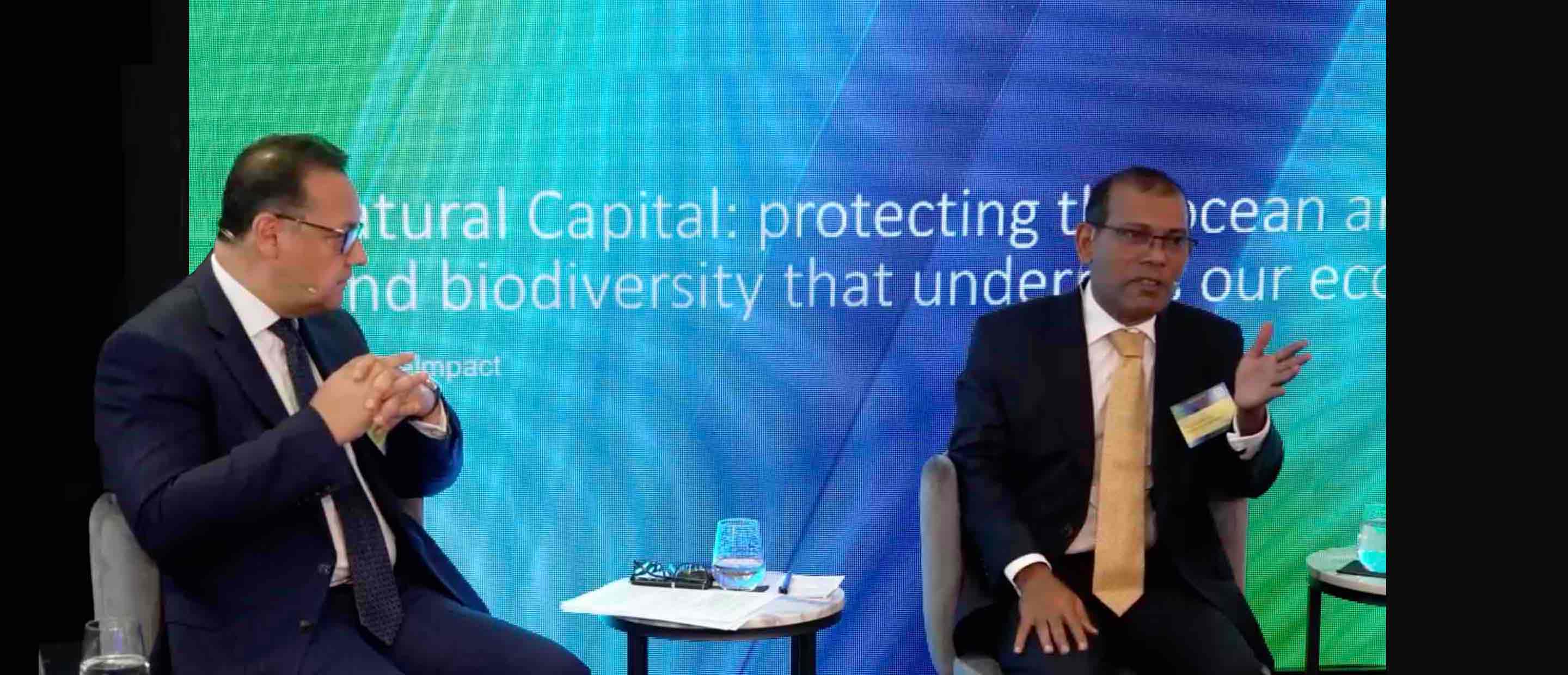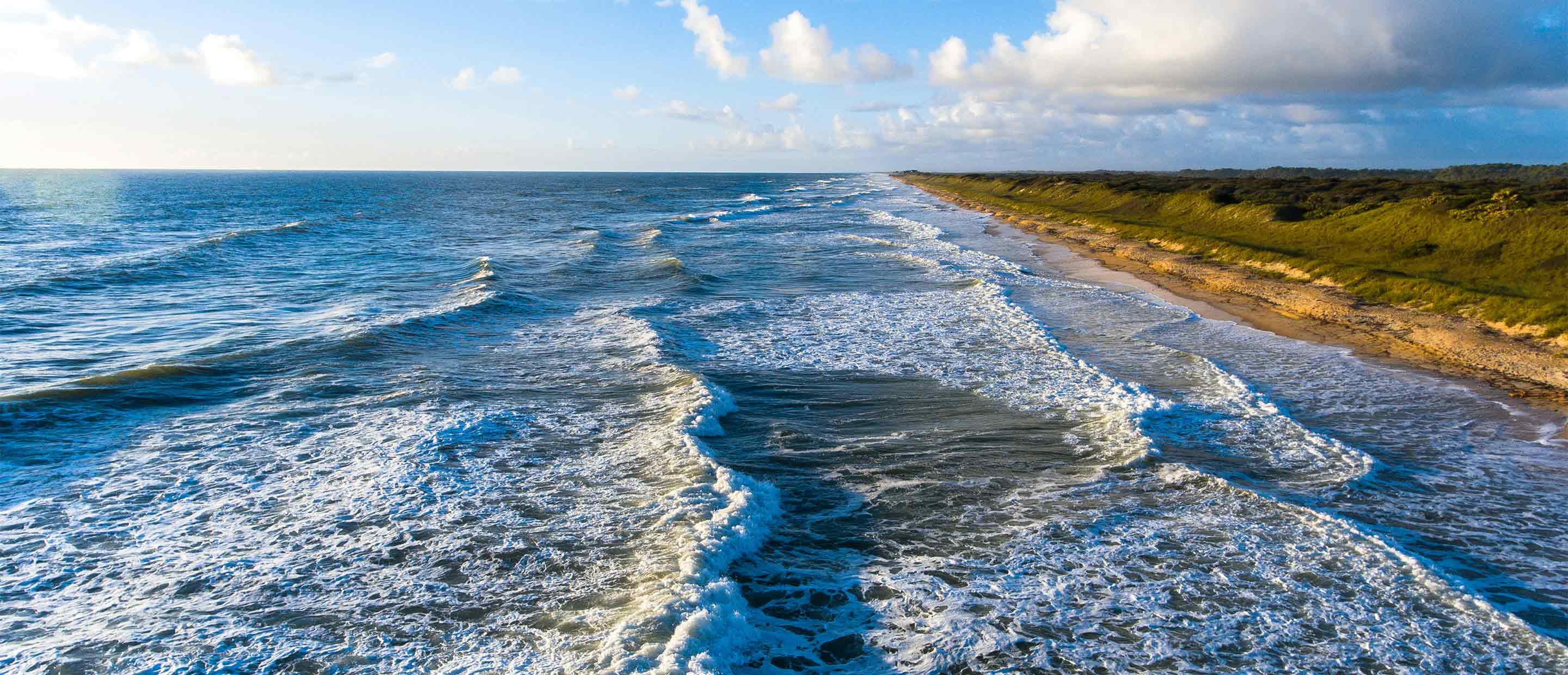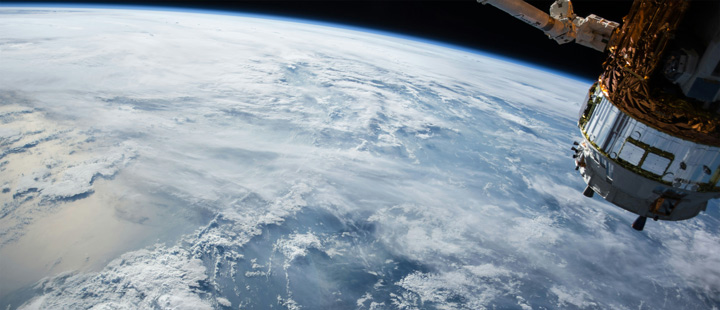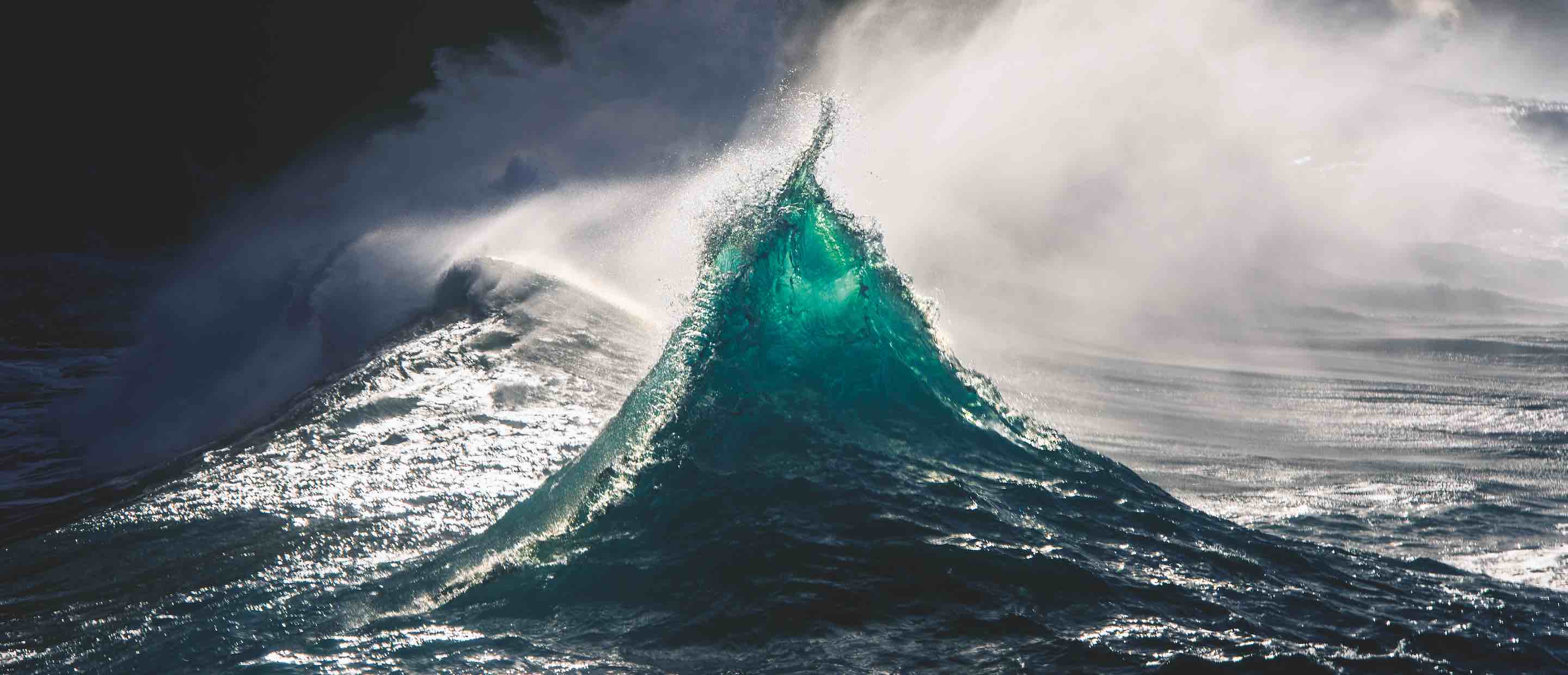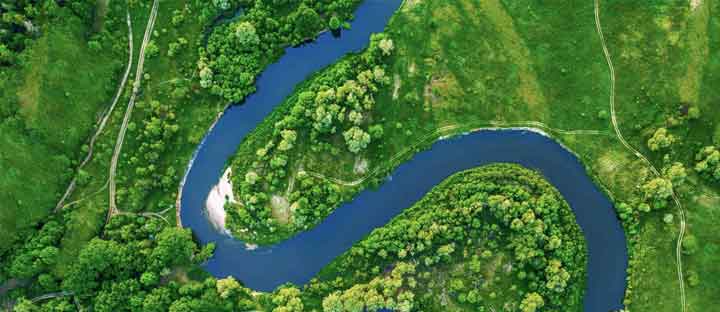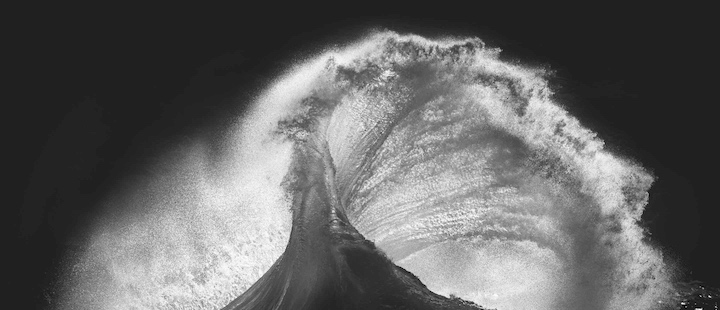Putting a monetary value on living things may seem problematic, but by failing to do so in the past we have hastened the destruction of the natural world. This was the key idea under discussion at this fascinating event, hosted by IPB Global Vice Chairman Salman Mahdi, at COP26 in Glasgow.
“The price of nature is our livelihood.” So said His Excellency Mohamed Nasheed, former President of the Maldives, during our live event on “Natural Capital” at the COP26 UN Climate Change Conference in Glasgow.
The idea of valuing plants, animals and habitats based on the “ecosystem services” they provide is well understood in climate-vulnerable countries, many of which rely on coral reefs for their food supply and flood defences, as well as tourism. But could it be scaled to ensure that the environment is given greater protection in other parts of the world?
To discuss this and other interconnected ideas, we were honoured to welcome President Nasheed and two other guest speakers:
- Karen Sack, Co-Chair and Executive Director of our partners the Ocean Risk and Resilience Action Alliance (ORRAA); and
- Reinout Viersma, Programme Manager of Climate Adaption at Van Oord, the Dutch marine engineering company.
The event was hosted by Salman Mahdi, Global Vice Chairman of Deutsche Bank’s International Private Bank, and he was joined for the panel discussion by Markus Müller, the Global Head of our CIO Office.
To open the event, we were also delighted to welcome Christian Nolting, the Global Chief Investment Officer of Deutsche Bank’s Private Bank, to set the scene with his keynote speech.
Redesigning economic models with nature at their core
Natural capital is the “foundation stone for the understanding of the importance of nature for our economic development,” Nolting suggested, and it should take all forms of natural assets into account: “animal, vegetable or mineral, the relationship between them, the resources they provide and the risks as well.”
The concept is “infinitely vast and complex” he admitted. “It can range from the ocean’s role in absorbing heat and limiting climate change to perhaps less obvious but also vital natural relationships such as the value of bees as pollinators and thus enablers of crop production. Or the power of mangroves and coral reefs to protect our coastlines.”
However, at its heart is a simple principle: by accurately valuing nature in economic terms, we can more easily demonstrate why it must be protected, repaired and managed sustainably for future generations – and develop the insurance and investment products to do so.
Why putting a price on the whale may help ensure its survival
Markus Müller, Global Head CIO Office, Deutsche Bank Private Bank used the example of the whale to describe the hidden cost of killing certain animals.
Whales absorb and sequestrate a huge amount of CO2 during their lifetimes, he pointed out. But scientists have also recently discovered that their movements stimulate huge amounts of plankton growth, which absorbs even more carbon, and transfers vital nutrients across the ocean. In total, the systemic activity of a whale has a value of around $4 million, meaning the entire whale population of the world has a value of more than $1 trillion – despite being severely reduced by fishing since the beginning of the industrial era.
“This is something we need to understand as humble human beings,” Müller emphasised: “We would never destroy something in our material world which has a value of $4 million. And if we get this fundamental economic thinking back into what we are doing, we will use economics in a way we should have always done.”
“This is something we need to get our head around. We need to get education at the universities right. We need to get education at the schools right… and then I think we already have the tools we need to start fixing this problem.”
Why nature-based solutions are critical to combat climate change
As a former President of the Maldives, His Excellency Mohamed Nasheed has been on the front line of fighting climate change.
For him, many of the solutions for combatting climate change already exist – and are provided by nature itself. As sea levels around the Maldives rise, water-breakers and embankments are being built but they are expensive: to protect one metre of land can cost thousands of dollars. When you consider that the Maldives, India and Bangladesh, which all face rising sea levels, have thousands of metres of coastline, such artificial solutions quickly become unaffordable.
“But the reef does the same thing,” the President points out. “Growing a reef is about $25/metre. Implanting a mangrove, which does the same thing as the embankment is less than $10/metre.” These numbers are doable.
Van Oord are one of the most experienced marine engineering companies in the world. 150 years ago, they were building hard defences like dykes to battle the sea. Today, they are developing softer sustainable solutions and working with nature, rather than against it.
As an example, Reinout Viersma, Programme Manager of Climate Adaption at Van Oord described how the company is growing coral in laboratories that can be used to boost coastal resilience.
In the past, the challenge when selling these solutions was creating the business case, but the concept of natural capital is creating an environment that makes investment much more attractive to investors. “We’re looking at how we can re-incorporate mangroves, coral, ‘sand engines’, marshes… and I think valuing nature [more accurately] will help us to make the business case.”
Creating financial products based on ecosystem services
Karen Sack, Co-Chair and Executive Director, ORRAA, cited the example of a study by the Inter-American Development Bank into the Mesoamerican Reef, the second largest barrier reef in the world.
They analysed the economic value of the reef based on three services: tourism, fisheries and coastal protection. Combined, these amounted to a total value of $4 billion per year for the four countries along the reef: Guatemala, Honduras, Belize and Mexico.
“Based on that valuation, we’ve been able – working with partners – to develop an insurance tool for the reef so that when a hurricane is coming along it will provide a pay-out if a certain wind speed is reached. And some of the tourism workers who would not otherwise have jobs are trained in a reef resilience course to help keep the reef healthy in advance but also clean up the reef immediately after the storm.”
The upshot is “we have a financial product, we’ve got jobs for the community and we are valuing nature.”
As for the gradual evolution towards soft solutions, the proof they work is right in front of us she pointed out: “Nature has been engineering solutions to a changing environment for millennia.”
Register here to watch a replay of the full event.
